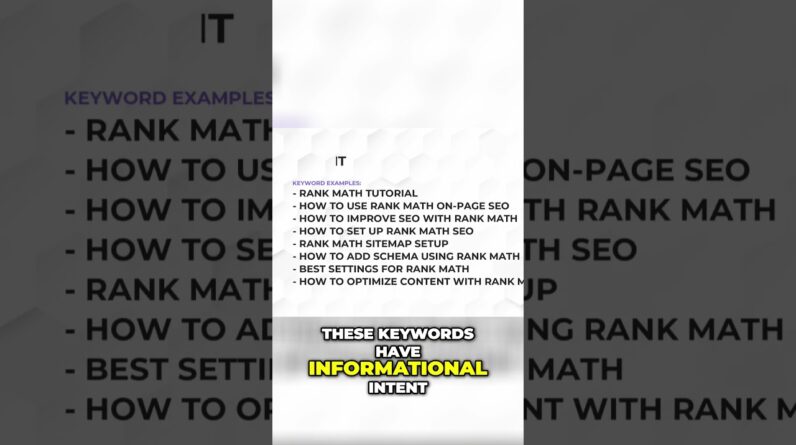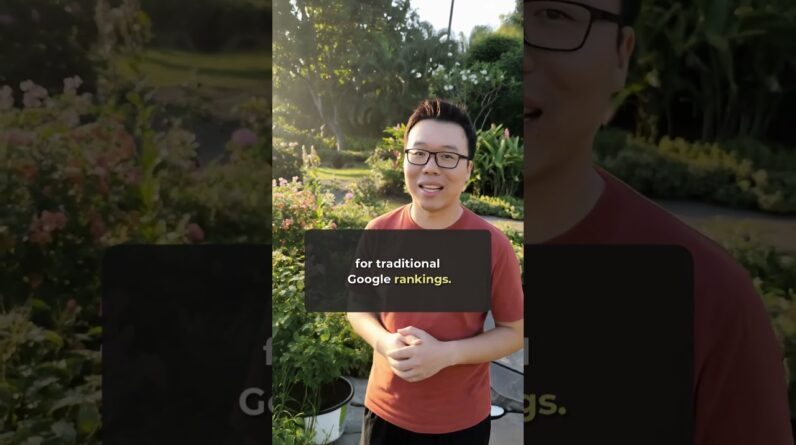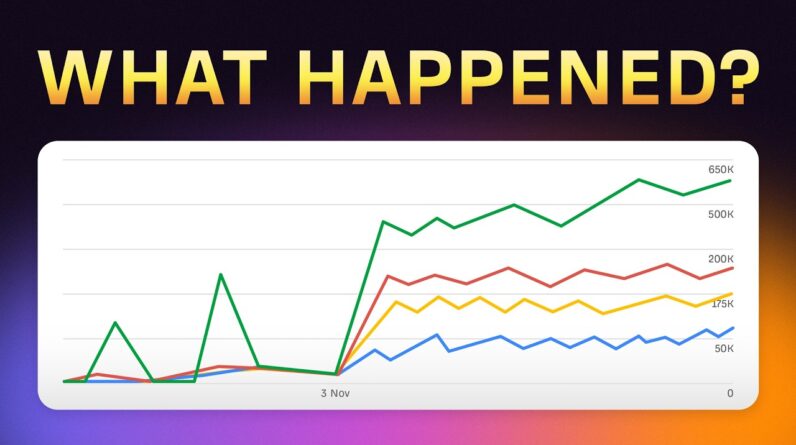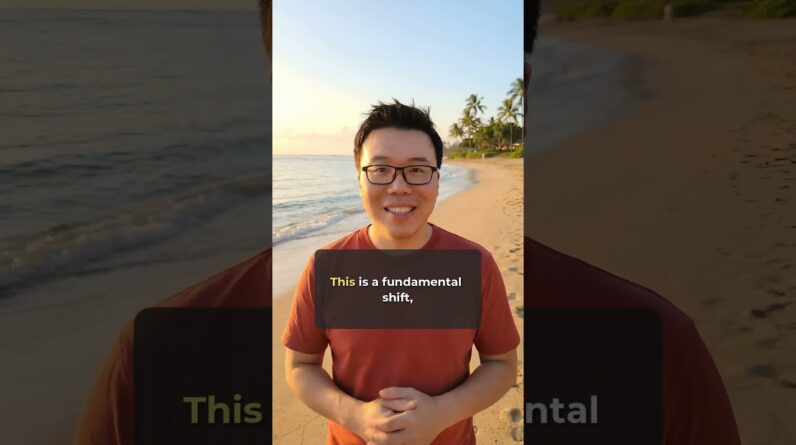
In simple terms, search intent refers to the purpose behind an online search query. Understanding search intent is crucial for tailoring content that effectively meets the needs of the user. This blog post delves into the concept of search intent and its significance in the realm of digital marketing and SEO strategies.
What Is Search Intent in Simple Words
Introduction
In the vast digital realm of search engine optimization (SEO), understanding search intent is the cornerstone of unlocking the true potential of online content. Every search query originates from a specific intent, a purpose that drives the user to seek information, products, services, or solutions. In a nutshell, search intent defines what users are looking for when they enter a query into a search engine.
Unveiling the Concept of Search Intent
- Search intent demystified: The video by Rank Math SEO sheds light on the significance of deciphering search intent for online success.
- The essence of search intent: Unraveling the mystery behind user queries and how they reflect underlying intentions.
Exploring the World of Search Intent
Search intent plays a pivotal role in optimizing content for search engines. It goes beyond mere keywords and delves into the psychology of user behavior, aiming to provide relevant and valuable content to the audience. By aligning SEO strategies with the identified search intent of target audiences, one can tailor content that resonates effectively.
The Crucial Role of Search Intent in Content Optimization
- Tailoring content for success: Understanding the various facets of search intent can significantly impact search engine rankings.
- Enhancing user experience: Crafting content that aligns with user intent leads to increased engagement and conversions.
Types of Search Intent
- Informational Intent: Users seek knowledge or answers to questions.
- Navigational Intent: Users aim to visit a specific website or page.
- Transactional Intent: Users intend to make a purchase or take a specific action.
- Commercial Investigation Intent: Users are researching products or services before making a decision.
Strategies for Optimizing Content Based on Search Intent
- Analyzing user behavior: Understanding user interactions and search queries is paramount in determining search intent.
- Keywords and content alignment: Search intent dictates the type of keywords and content that should be integrated into online assets.
Conclusion
In a digital landscape where visibility and relevance are paramount, grasping the intricacies of search intent can be the differentiating factor between success and obscurity. By customizing SEO strategies to reflect user intentions, businesses and content creators can elevate their online presence and connect meaningfully with their target audiences.
FAQs After The Conclusion
- What role does search intent play in SEO optimization?
- How can businesses leverage search intent to improve their online visibility?
- Are there specific tools available for analyzing search intent effectively?
- Can search intent evolve over time, and if so, how should content strategies adapt?
- What are the common pitfalls to avoid when aligning content with search intent?






